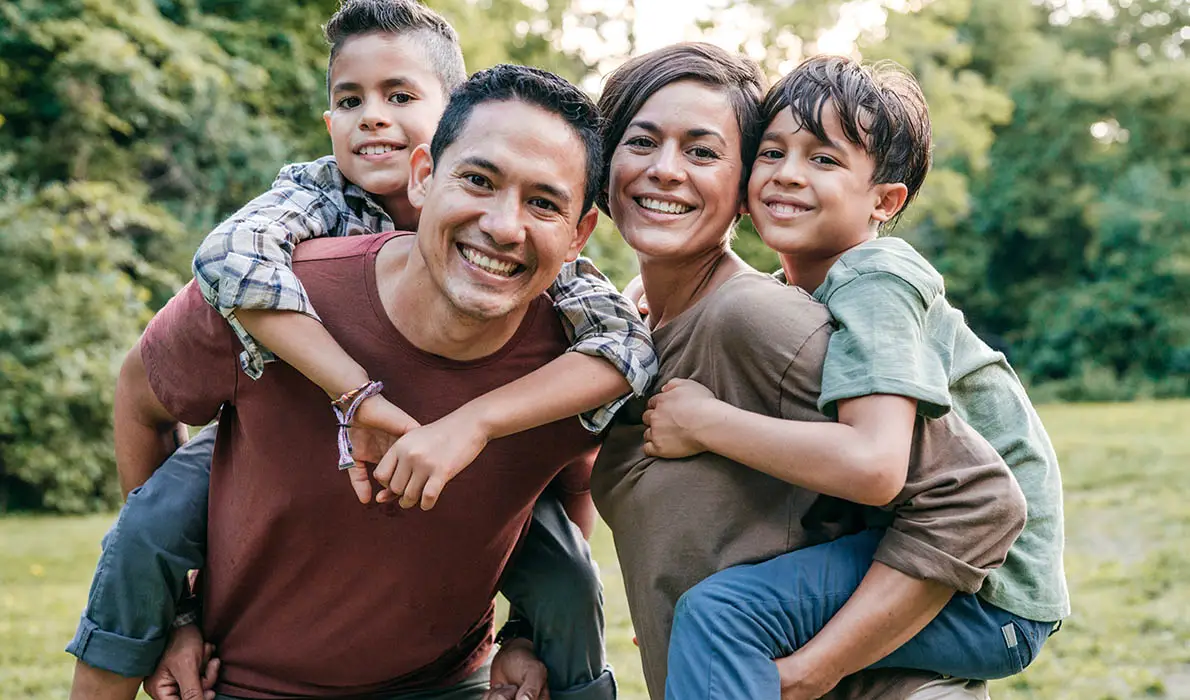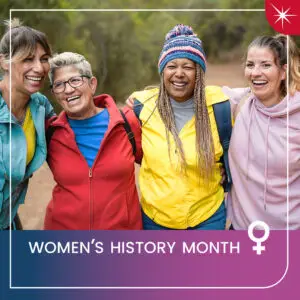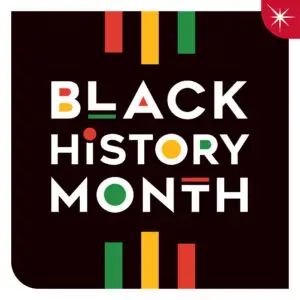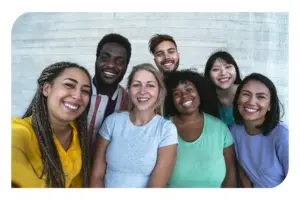Quartz is proud to recognize Hispanic Heritage Month and to celebrate the many contributions of our Hispanic/Latinx community and employees and their rich cultural heritage.
In 1988, Congress authorized the president to extend National Hispanic Heritage Week (founded in 1968) to National Hispanic Heritage Month, from September 15 to October 15 each year. President George H. W. Bush issued the first official National Hispanic Heritage Month proclamation a year later.
As we continue celebrating and recognizing Hispanic/Latinx communities’ cultural and economic contributions, let’s learn about some community leaders who fought and continue fighting for Hispanic/Latinx rights.
- Gloria Anzaldúa. This noted feminist theorist and author paved the way for more intersectional feminism, inclusive of Chicana women. In her early activism, Anzaldúa was involved in the farmworker’s movement and the Mexican American Youth Organization, though she was vocally critical of the male focus in both.
- Sylvia Mendez. As the daughter of a Mexican immigrant and a Puerto Rican immigrant, Mendez was expected to go to a segregated school for Mexican students as a child. Her parents sued the all-white Westminster School District after they denied entry to Mendez and her siblings. The landmark case, Mendez v. Westminster, was settled in 1947, successfully desegregating public schools in California. She became a civil rights activist, speaking publicly on her historical case and advocating for Hispanic student rights in the U.S.
- Rodolfo “Corky” Gonzales. Often considered one of the founders of the Chicano Movement of the 1960s, he helped organize Mexican Americans to fight for equality, the right to unionize, access to education, and voting rights. Gonzales is perhaps most widely known for his poem “I am Joaquín” (also known as “Yo soy Joaquín”), which confronts cultural multiplicity and the oppression of Chicano Americans in the U.S.
- Cesar Chavez. Chavez co-founded the National Farm Workers Association. He famously organized and led 17 million Americans to participate in the Delano grape strike and boycott, leading to an agreement guaranteeing field workers’ right to unionize, better working conditions, and access to health care and pensions.
- Dolores Huerto. Dolores Huerto, known for her labor activism, famously helped organize the Delano Grape Strike alongside Cesar Chavez. She co-founded the National Farm Worker’s Association with Chavez and popularized the slogan “Sí, se puede” or “Yes, we can” around her organizing. Huerto was awarded the Presidential Medal of Freedom for her work and, in 1993, became the first Hispanic woman inducted into the National Women’s Hall of Fame.
- Sophie Cruz. When she was five years old, Cruz had as much spunk as a seasoned activist, working for change by reaching one of the most powerful leaders: the pope. As the daughter of undocumented immigrants, Cruz notably gave Pope Francis a letter during his 2015 visit to the White House, outlining her fears of deportation and the devaluing of immigrant contributions around the globe. Cruz, now 10, has been a voice for the children of undocumented immigrants across the world and a vocal supporter of immigration reform.
- Raffi Freedman-Gurspan. Freedman-Gurspan is an American Latina and Indigenous transgender woman who serves as the primary liaison for LGBTQ issues for the White House. As the first openly transgender person on staff at the White House. Freedman-Gurspan has advocated for policy shifts supporting transgender people of color’s inclusion in government and beyond.
- Sonia Sotomayor. Appointed by Barack Obama in 2009, Sotomayor became the first Hispanic and third woman to serve as Supreme Court Justice. She is known for her calls for reform to the criminal justice system and her dissents on race, gender, and ethnic identity issues.
- Alexandria Ocasio-Cortez. Puerto Rican descendant Ocasio-Cortez (often called by her initials “AOC”) is the youngest congresswoman in U.S. history and the first to serve from the Bronx or Queens. With the most significant upset victory in the 2018 midterm primaries, AOC advocates for a progressive platform that includes a federal jobs guarantee, abolishing U.S. Immigrations and Customers Enforcement, a proposed Green New Deal, and a 70% marginal tax rate for incomes above $10 million.
Like other historically marginalized communities, Hispanics/Latinx Americans have a complicated, well-documented history based on their diverse origins and immigration status. They continue to face many issues today, such as immigration reform, education, health disparities, representation in governmental offices, equity, and inclusion, to name a few. Thanks to the efforts of the community leaders above and many others, progress on diversity, equity, and inclusion initiatives positively impacts all communities of color and other ethnicities.
By Yuly Osorio, Senior Marketing Communications Coordinator (bilingual) | DE&I committee
Visit our DE&I webpage to read our Diversity, Equity, and Inclusion Statement and learn more





